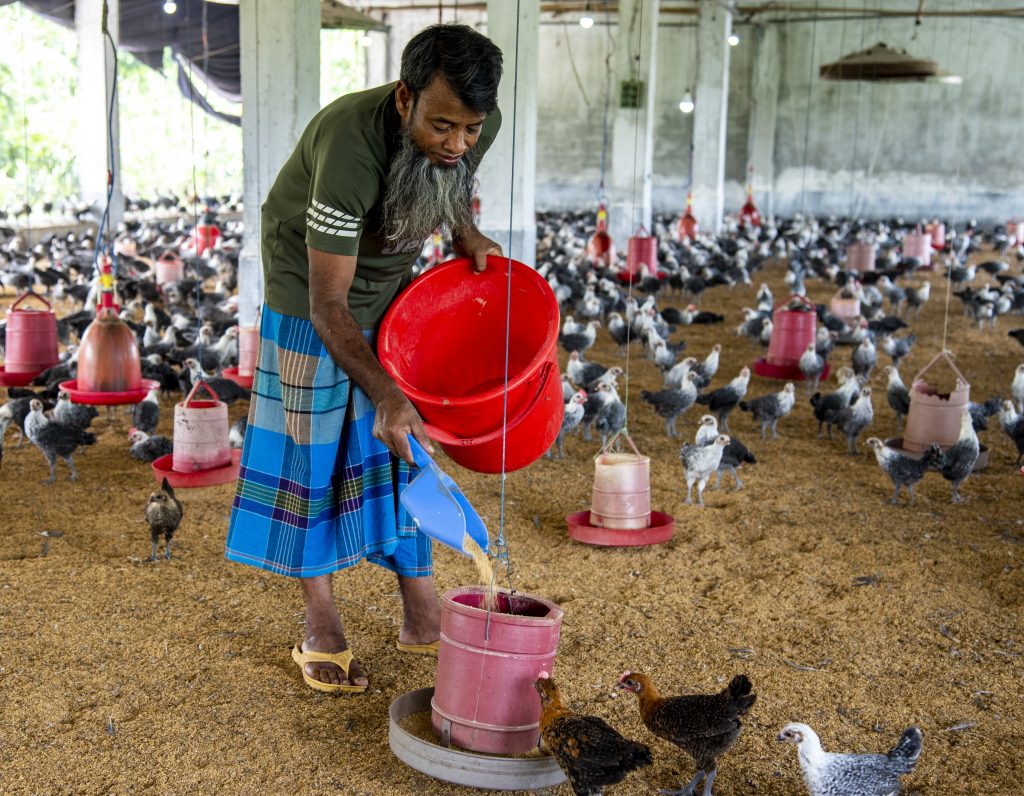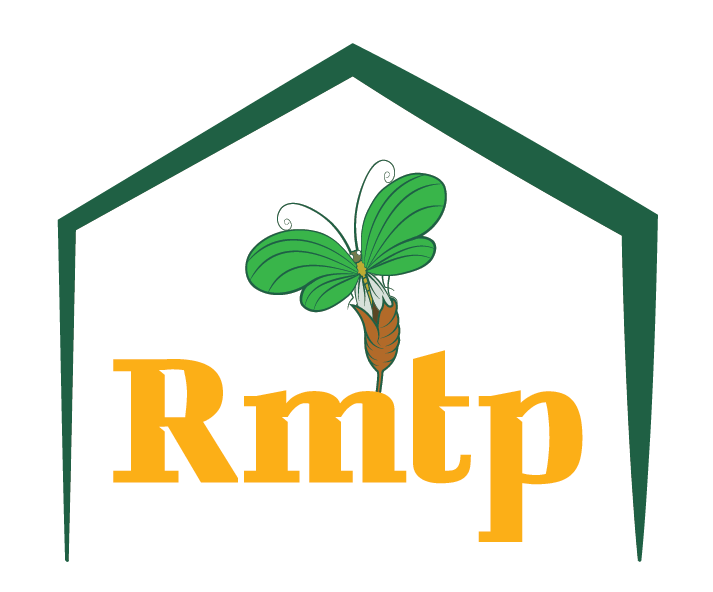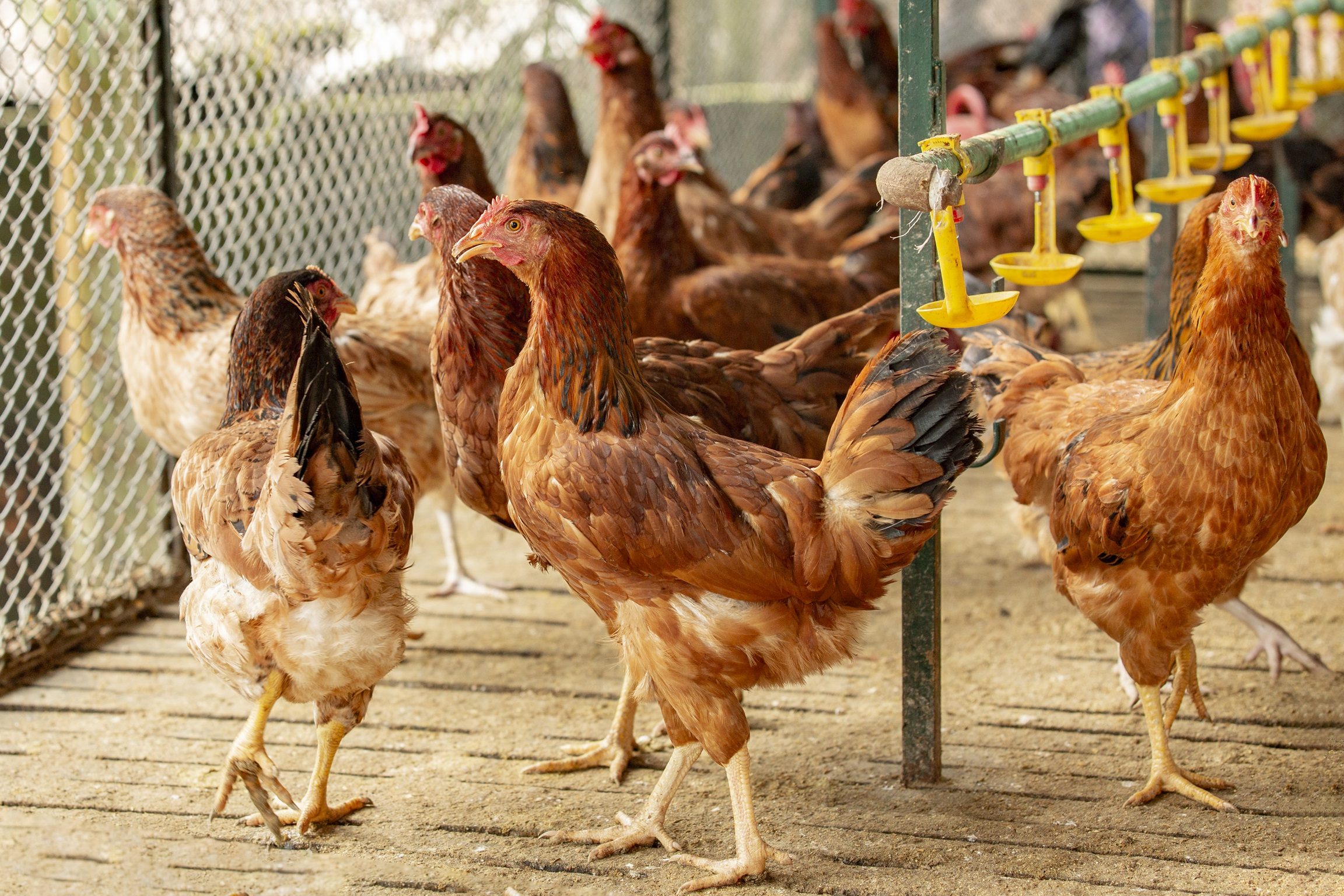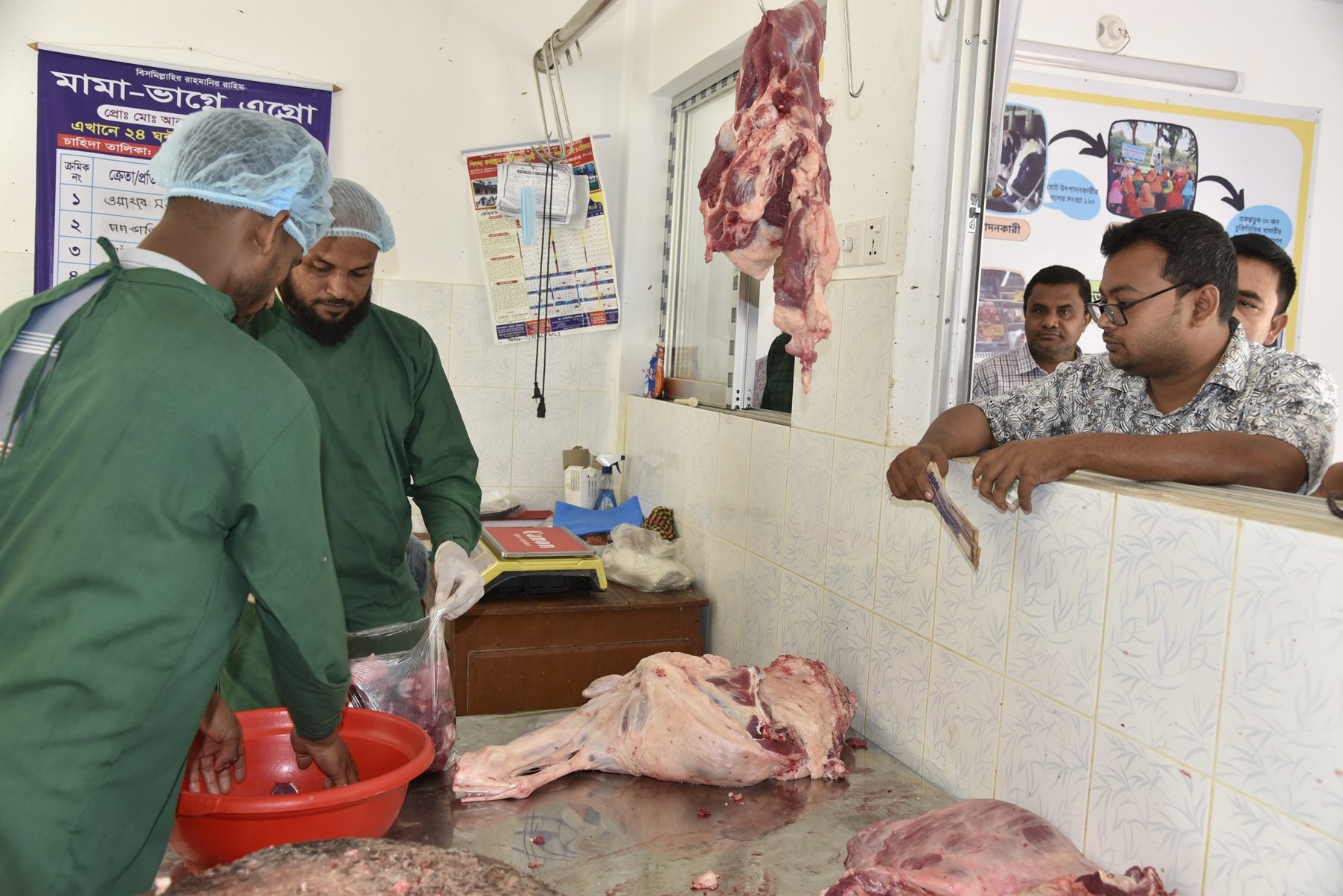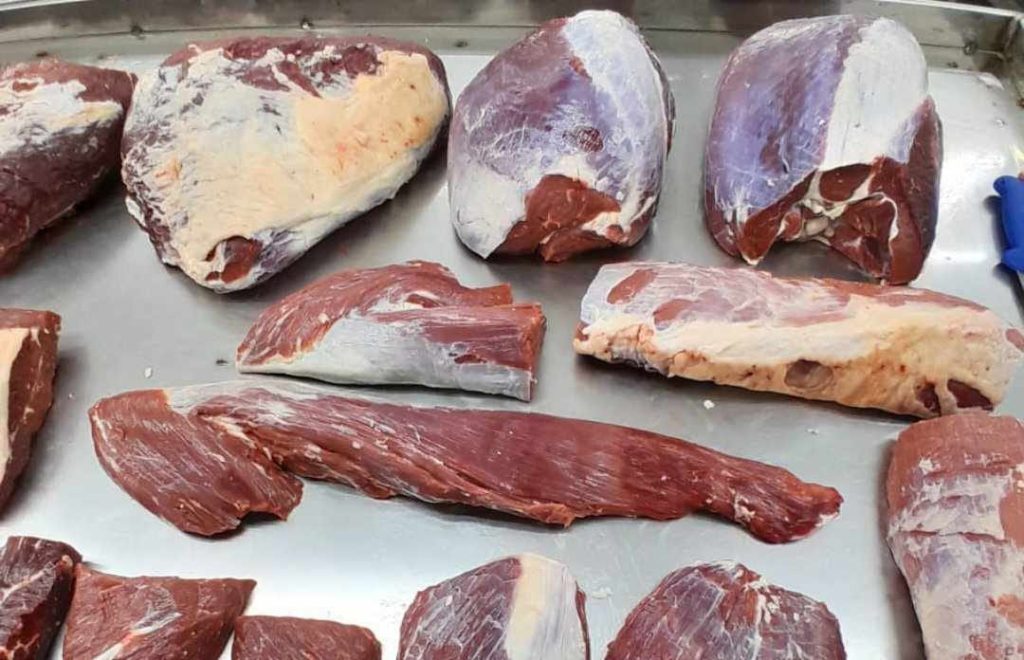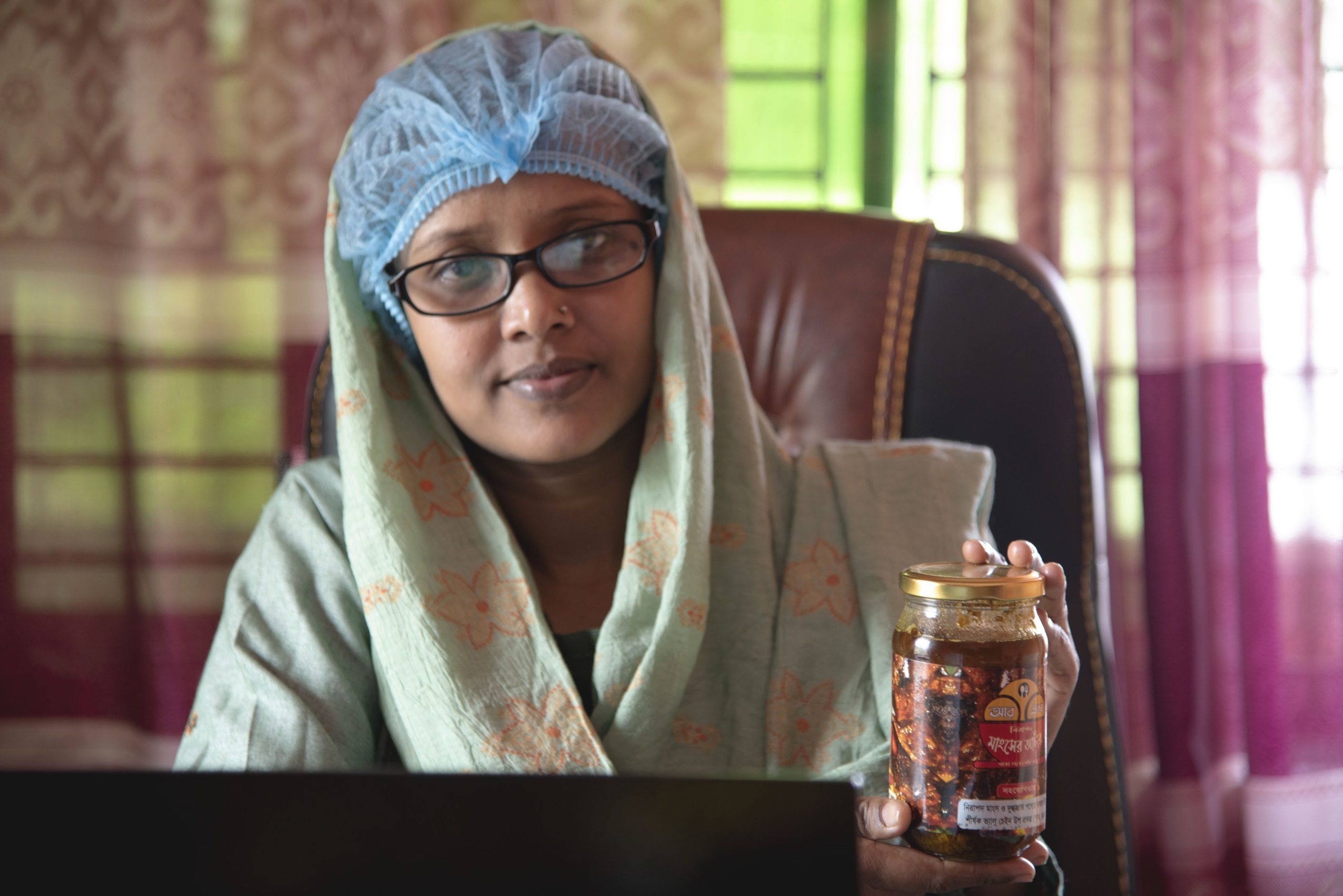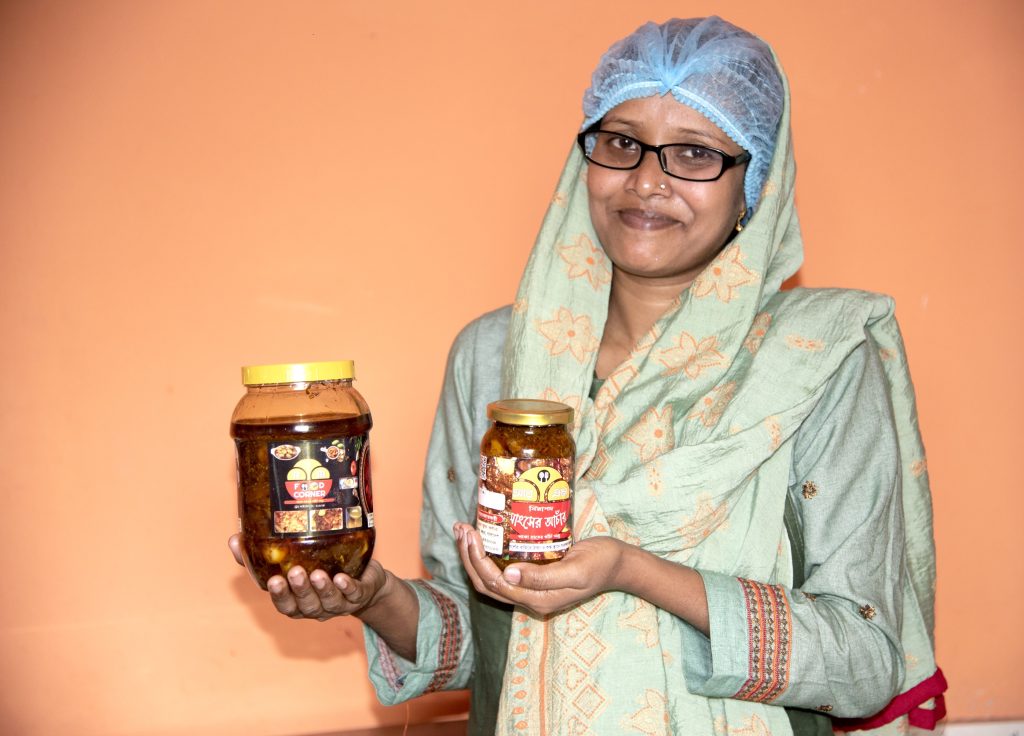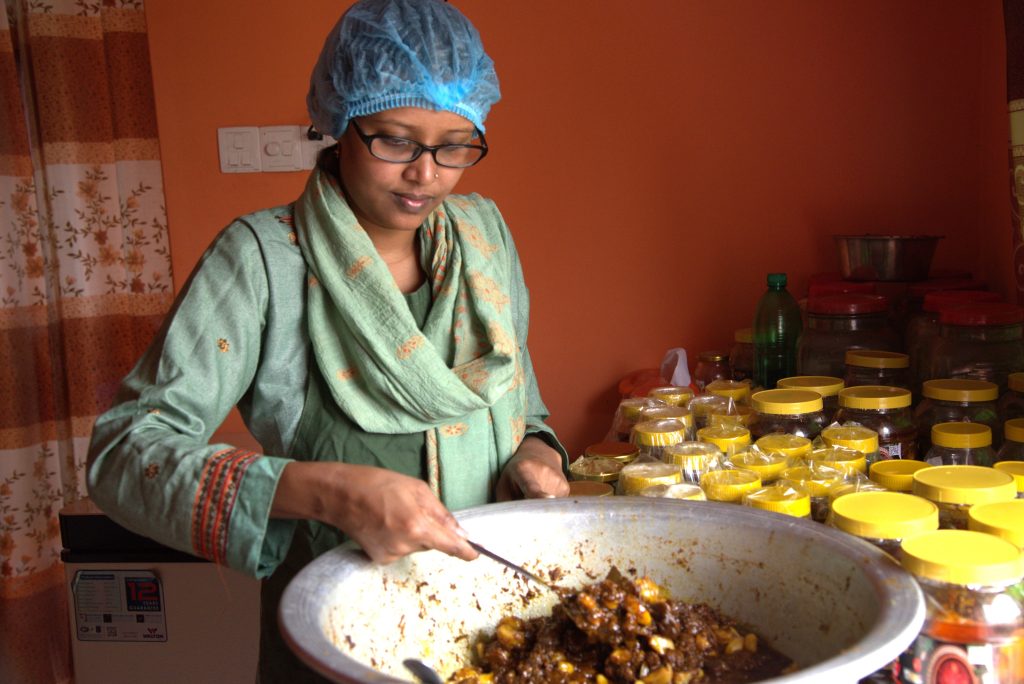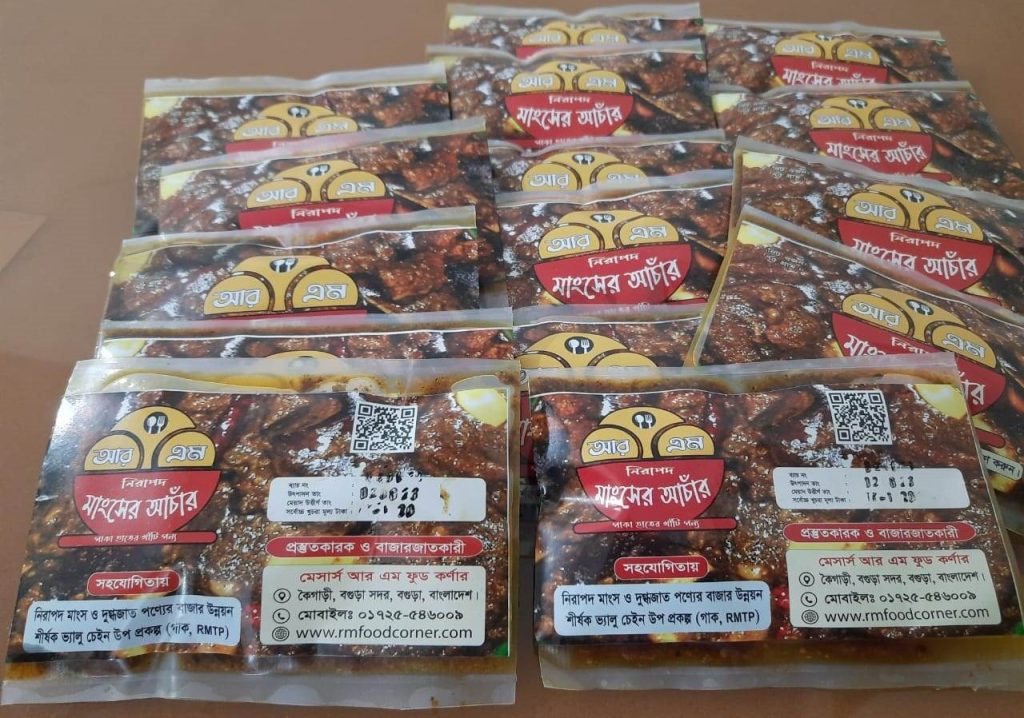Tk2,225cr market: Poultry farming transforms lives in Joypurhat
Sabina Khatun of Joypurhat Sadar upazila has been running a successful poultry farm with 6,000 Sonali chickens in her backyard for 19 years.
Her journey into poultry farming started modestly, and now, alongside her husband Abdul Latif, she manages two farms dedicated to meat production.
Sabina’s business has grown significantly over the years, allowing her to earn Tk75,000 to Tk100,000 per month and fund her two daughters’ education in the city.
She believes poultry farming is a valuable opportunity for rural women, enabling them to balance household responsibilities with income generation.
Around 200,000 people in the district, most of them women, are directly or indirectly employed in the poultry sector.
Farmers said that improved training and market access have made poultry farming more profitable in recent years, a sharp contrast to earlier challenges.
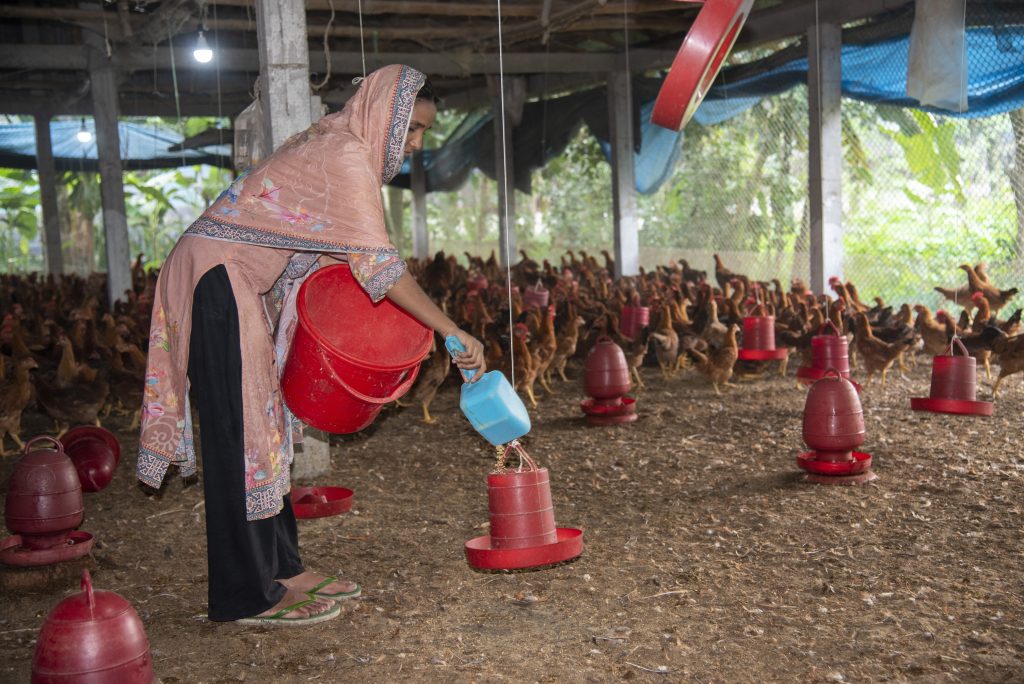
The poultry revolution in Joypurhat began after 2000, transforming the region’s economic trajectory, which had previously depended heavily on agriculture.
Now poultry farming has become a significant contributor to the local economy, with 7,340 farms housing nearly 1.75 crore chickens producing 89,000 tonnes of meat annually, contributing Tk2,225 crore to the economy. Additionally, over 2,00,00,000 chicks are produced annually at 47 hatcheries in the district.
According to the district livestock department, the surplus meat, far exceeding the district’s demand of 42,000 tonnes, is supplied to other parts of the country. Belal Hossain, another farmer from Joypurhat’s Jamalganj, started small in 2012 with just 350 chickens.
His initial investment of Tk4,200 soon turned into a profit of Tk17,500, encouraging him to expand. He quit his job at a private organisation and focused solely on poultry farming.
Now, with the support of his wife, Jannatun Faurdous, the couple manage three poultry farms and several thousand chickens. Their business is now valued at over Tk1.5 crore. Belal’s success allowed him to buy land, support his brother’s education, and branch out into corn and egg production.
His wife Jannatun, who is pursuing her studies at a national university, shares his dream of expanding their business to include cattle farming. They credit government and non-government training programmes for their continued growth.
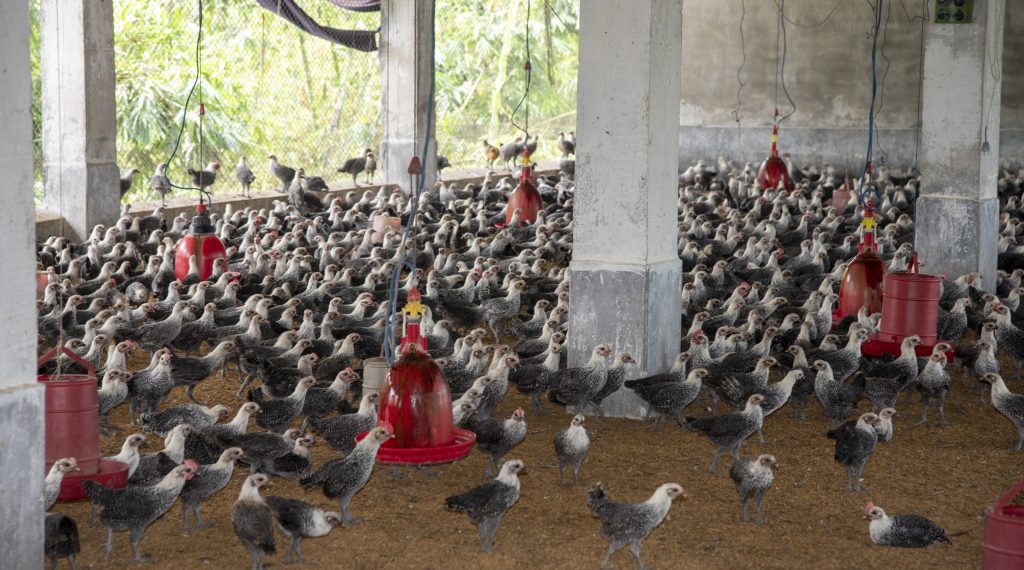
The JAKAS Foundation, a Joypurhat-based non-governmental organisation, plays a crucial role in supporting this poultry boom. Through the Rural Microenterprise Transformation Project (RMTP), funded by the International Fund for Agricultural Development, Palli Karma-Sahayak Foundation (PKSF), and Danish International Development Agency, they provide training on safe meat production, modern farming techniques, and market access for farmers. They are directly working with 10,000 people involved in the industry.
Mohammad Nurul Amin, executive director of JAKAS said, “We are training farmers in safe meat production, using technology, and connecting them to global markets. This benefits farmers and consumers alike.”
Mahbubur Rahman Raihan, trained by JAKAS, has become a Livestock Service Provider, offering services to 50 farms in Joypurhat. His work in providing health services to poultry has transformed his livelihood, allowing him to earn up to Tk1,500 a day.
Tech-driven farms and safe meat production
PKSF data show that 86,555 people in 12 districts of the country, including Joypurhat, Bogura, Naogaon, Rangpur, Sunamganj, Netrokona, Shariatpur, Faridpur, and Cox’s Bazar, have been brought under the RMTP project.
Through the project, they are working to make quality services, materials, and technology easily available for livestock-related initiatives. They are working on traceability of produced products, productivity, and more. This is increasing the income of ordinary people and improving the quality of life.
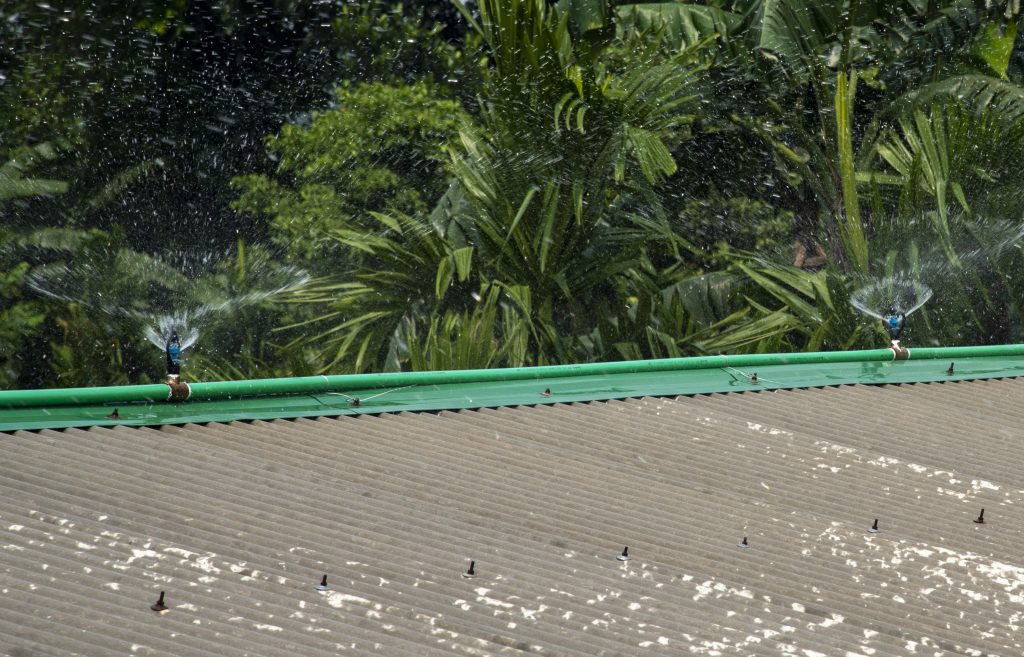
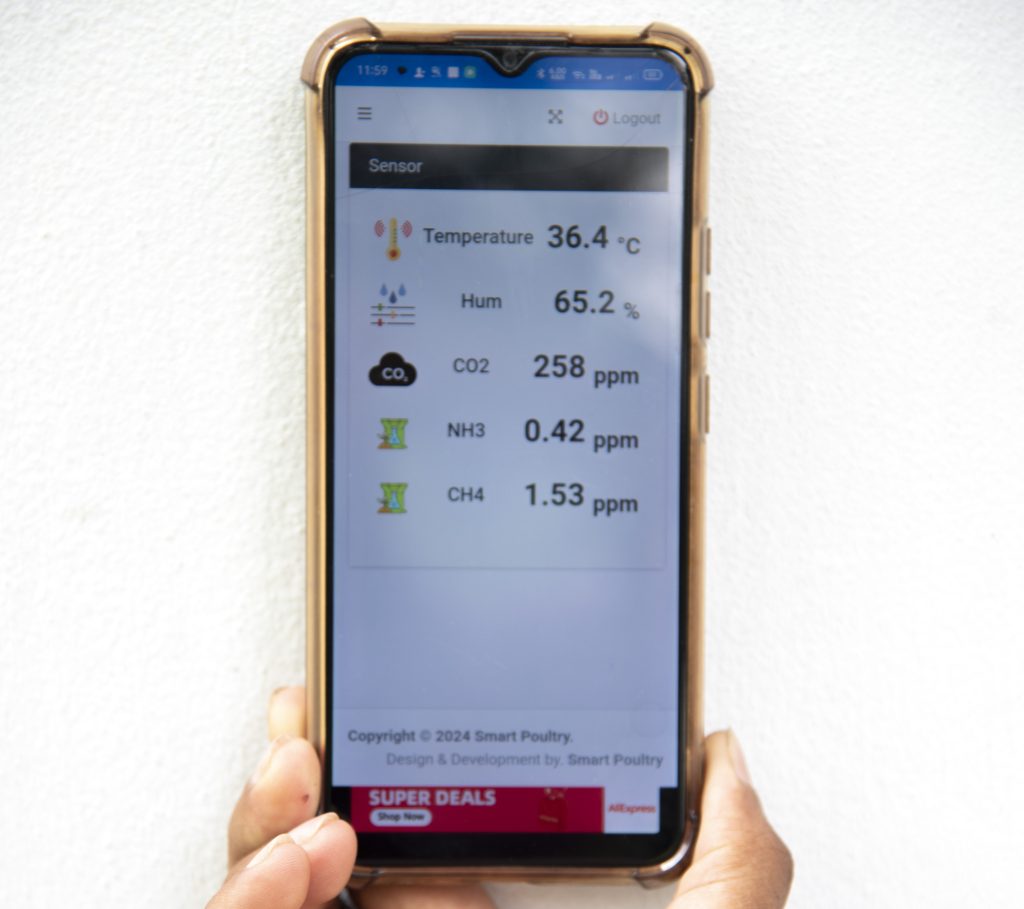
Retired army officer Syed Shamsul Anam, now a poultry farmer, believes modern farm management is crucial. He installed a sprinkler system to control the high summer temperatures in his chicken farm. This helps chickens survive and grow, reducing mortality and improving their health.
Fazlul Kader, acting managing director of PKSF, said, “We aim to expand safe meat and food for everyone. We want a safe brand that people trust. We support farmers in producing safe food and creating a sustainable agricultural system.” Farmers in Joypurhat are increasingly adopting modern technologies and practices to ensure safer meat production.
Anisur Rahman, who has been working in the poultry industry for over 20 years, said farming was much harder before access to modern medicine was made available. Now, with the availability of veterinary services, disease outbreaks are less frequent, resulting in healthier chickens and more stable production.
Future of poultry farming in Joypurhat
Government and private sector initiatives are increasingly focused on safe meat production.
Green Harvest Meat, for example, works with 60-70 select farmers who follow good agricultural practices. These initiatives are creating new employment opportunities and boosting demand for safe, high-quality meat.
Manjurul Alam Rico, a farmer from Jamalganj who has 10,000 chickens on his farm, said he faces rising costs for feed and utilities but still remains committed to safe and modern farming techniques. The demand for his farm products remains strong, particularly for eggs.
Maher Uddin, the district livestock officer, stressed the importance of continuing to educate farmers on reducing unnecessary antibiotic use and improving animal health.
The efforts of both government and non-government organisations are helping to ensure that Joypurhat remains at the forefront of safe and sustainable poultry farming in the country.
